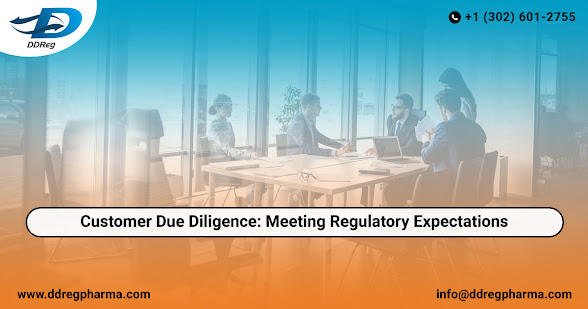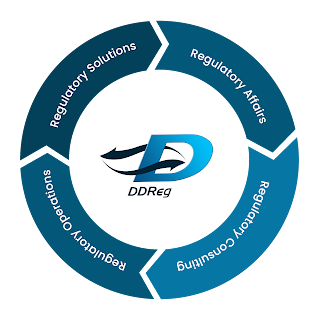Customer Due Diligence: Meeting Regulatory Expectations

In today's business landscape, regulatory compliance is a cornerstone of trust and integrity. Nowhere is this more evident than in the realm of customer due diligence (CDD). Financial institutions, businesses dealing with high-value transactions, and even online platforms must adhere to stringent CDD requirements to mitigate risks associated with money laundering, terrorism financing, and other illicit activities. Meeting regulatory expectations in CDD is not just about ticking boxes; it's about safeguarding against financial crime while fostering trust with customers. Let's delve into how businesses can navigate this complex landscape effectively. Understanding Customer Due Diligence Customer due diligence refers to the process of verifying the identity of customers, assessing the risks they pose, and understanding the nature of their transactions. It involves collecting relevant information about customers, such as their identity, address, and source of funds, to ensure c...






